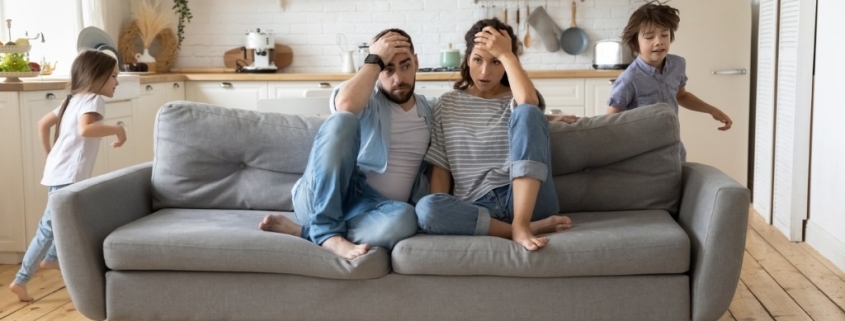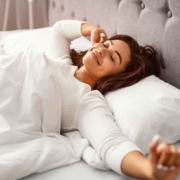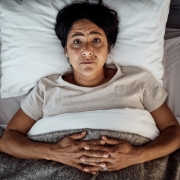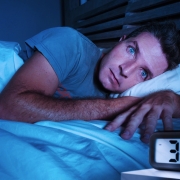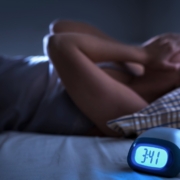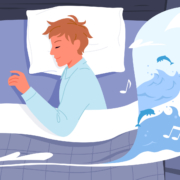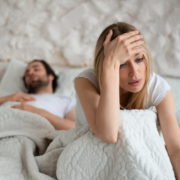SLEEP, STRESS AND THE CORONAVIRUS
SLEEP, STRESS AND THE CORONAVIRUS
In times of crisis and stress, sometimes our basic needs go out the window. Everyone is struggling with the myriad of changes in our daily lives due to COVID-19. From healthcare workers and first responders working extra-long hours. A parent at home with children, struggling to keep them busy. Or those locked down at home binge watching shows day and night. It feels like the whole world has changed in the past few weeks.
These stresses can significantly impact the quality and duration of our sleep. Lack of sleep, whether from added stress or a significant change in your daily schedule, can have a severe impact on our physical and mental health at a time when we need to be our strongest.
According to the Centers for Disease Control and Prevention (CDC), 35.2 percent of adults in the United States are getting less than 7 hours of sleep each night. Experts recommend that adults aim for 7–9 hours of sleep a night. So, what can we do to try and improve our sleep quality during these troubled times?
It can be easy to lose sight of how changes in our daily habits influence our ability to sleep well. The concept of sleep hygiene focuses on how to use your habits and routines to your advantage when it comes to sleep. It also includes optimizing your sleep environment so that you can relax and rest easy when you turn in for the night.
- Stick to a sleep schedule with the same bedtime and wake up time.This helps to regulate your body’s clock and could help you fall asleep and stay asleep for the night.
- Exercise daily– even light exercise is better than no activity at all.
- Evaluate your room. Design your sleep environment to establish the conditions you need for sleep. Your bedroom should be cool. Your bedroom should also be free from any noise that can disturb your sleep. Consider using blackout curtains, eye shades, ear plugs, “white noise” machines, humidifiers, fans and other devices.
- Wind down and place a moratorium on TV and Social Media. Your body needs time to shift into sleep mode, so spend the last hour before bed doing a calming activity such as reading. Set a moratorium on news and social media each night. The constant stress of the world will only add to your stress level and keep your mind working overtime when you should be sleeping.
- Get some sunshine. It may seem counterintuitive, given our recommendation about the importance of sleeping in a dark room, but a daily dose of sunshine can actually help you sleep better. Our sleep-wake cycle is closely connected to our circadian rhythms. Your brain relies on sunshine during the day to recognize it’s time to be awake and alert. The more natural light you receive, the more your body stays in tune to the regular day-night rhythms, and your brain learns to associate the darkness that comes in the evening with falling asleep.
- If you can’t sleep, go into another room and do something relaxing until you feel tired. It is best to take work materials, computers and televisions out of the sleeping environment. Use your bed only for sleep and intimacy to strengthen the association between bed and sleep. If you associate a particular activity or item with anxiety about sleeping, omit it from your bedtime routine
Stress and sleep are closely linked. We hope that these trying times soon will pass. But if your sleep issues continue, it is important to see a sleep medicine professional to get a thorough evaluation to help identify the possible cause. Stay safe out there.

